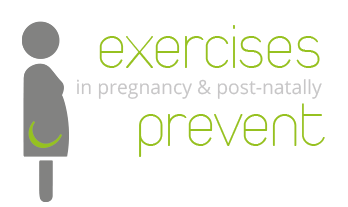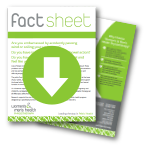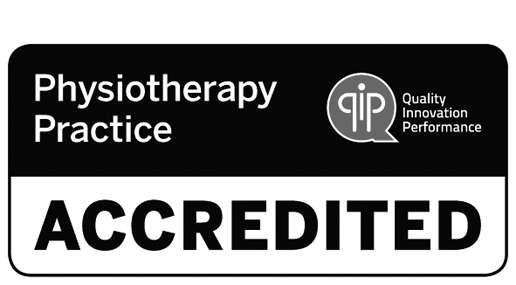Pelvic Floor
Do you have bladder leakage or vaginal heaviness?
Are you pregnant or have had a baby and want to look after you pelvic floor?
Are you confident you know how to correctly contract your pelvic floor?
If you’re pregnant or have recently had a baby now is the time to look after your pelvic floor. We know that pregnancy and childbirth significantly increase the risk of bladder leakage and prolapse. Even if you don’t have these problems now you’re still at risk of experiencing bladder leakage or prolapse in the future. Prevention really is better than a cure.
According to recent research 50% of women cannot contract their pelvic floor muscles correctly after receiving verbal or written instruction. It also shows that 25% of women use a technique that could weaken their pelvic floor. It’s vital that you know how to correctly contract and relax your pelvic floor.
Common Symptoms:
• Leaking urine when you cough, sneeze, exercise or on the way to the toilet
• Rushing to the toilet with an overwhelming urge to go
• Going to the toilet frequently
• Having your sleep interrupted by the need to urinate
• A feeling of vaginal dragging, heaviness or bulge
• Difficulty controlling your bowel & wind
• Painful sex
Possible Causes Of Pelvic Floor Problems:
• Pregnancy & childbirth
• Constipation & straining
• Ageing & menopause
• Chronic cough
• Heavy Lifting
• Strenuous sports
• Over-training of core / abdominal muscles
• Holding tension in the pelvic floor muscles due to stress
How We Can Help:
Research shows that pelvic floor exercises in pregnancy and postnatally prevent bladder leakage. Research also shows that a pelvic floor exercise program is only effective when prescribed under the guidance of a specifically trained Physiotherapist, rather than following information from a brochure or online. At Women’s & Men’s Health Physiotherapy we specialise in providing a personalised pelvic health program exclusively for you.
What To Expect:
• A thorough assessment to establish your goals, pelvic floor requirements and treatment plan
• Design of a personalised pelvic floor muscle exercise program
• Progression of your program and application to daily activities
Did You Know













